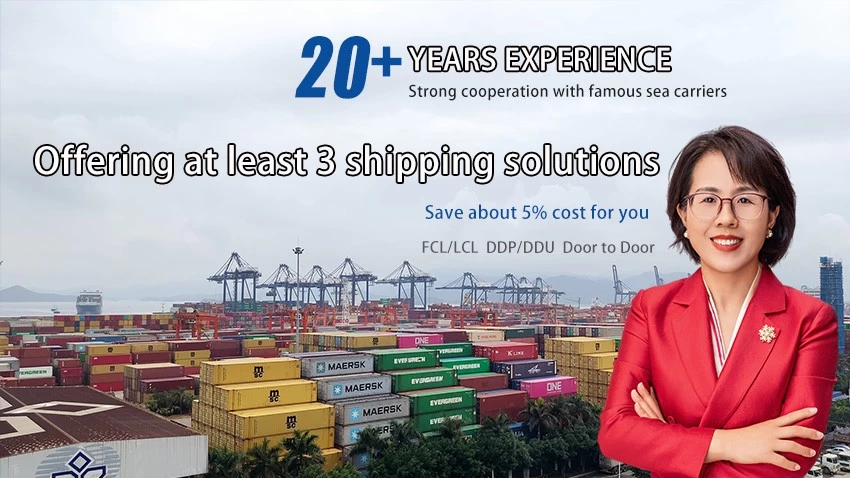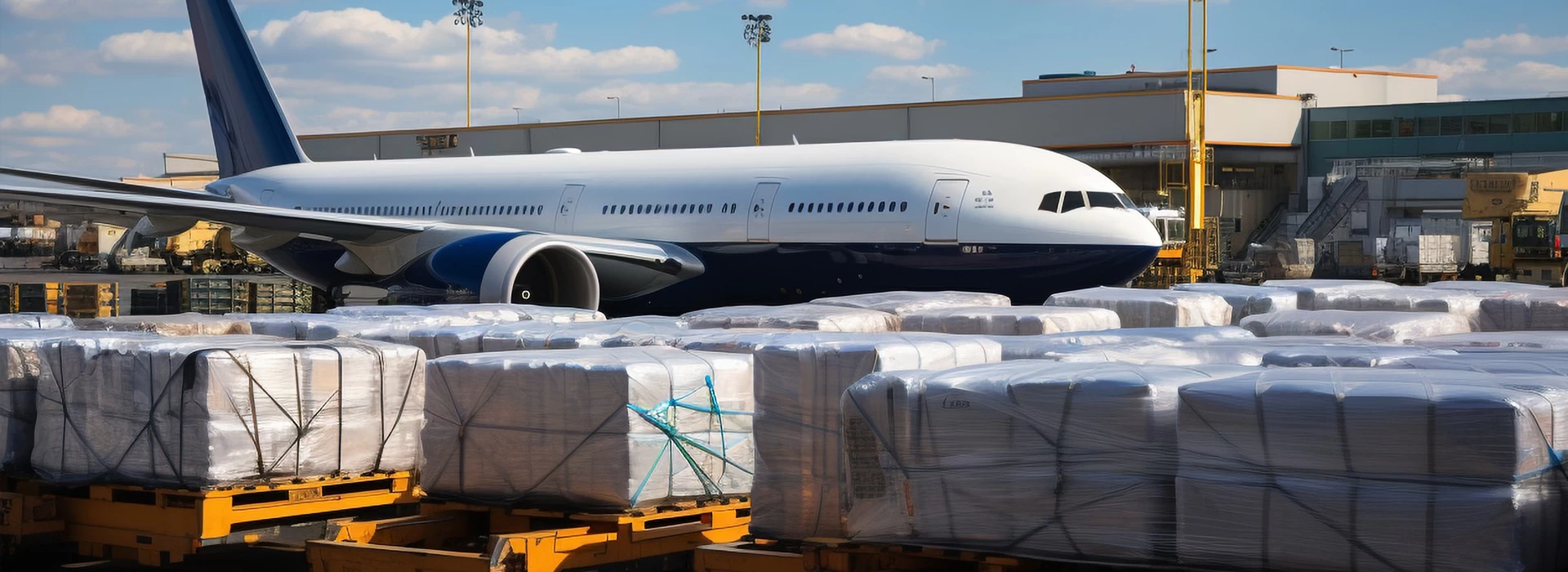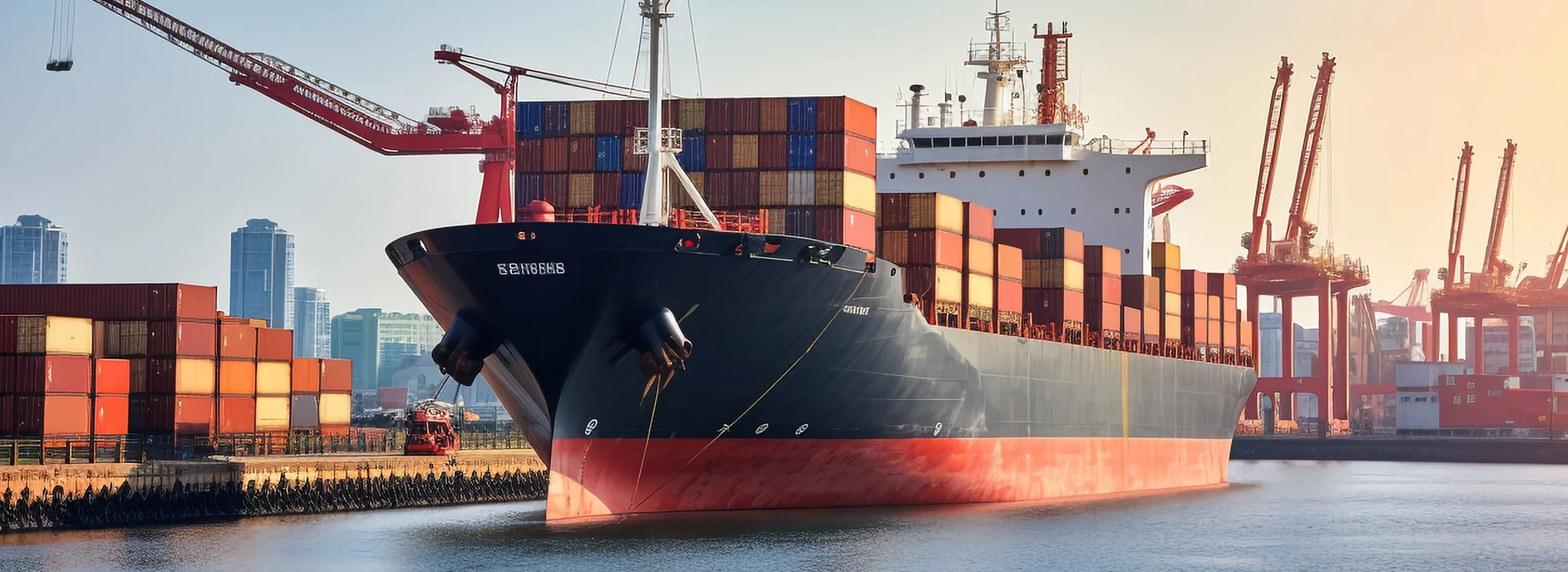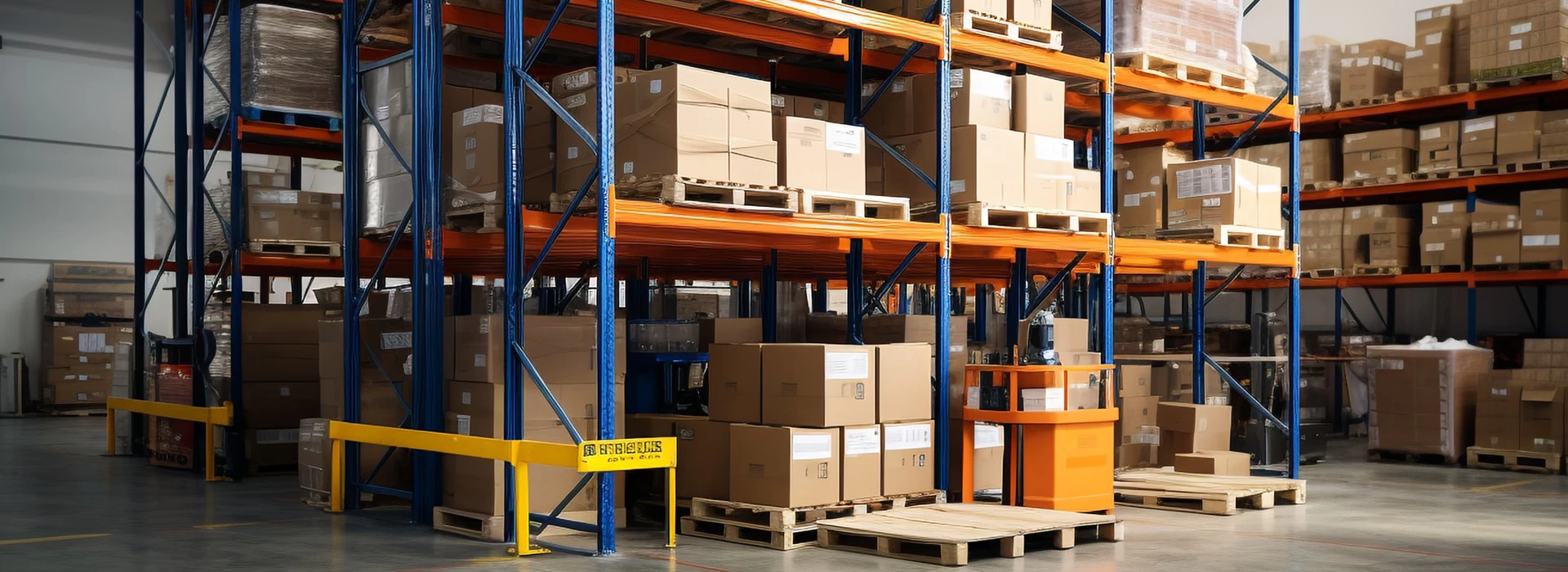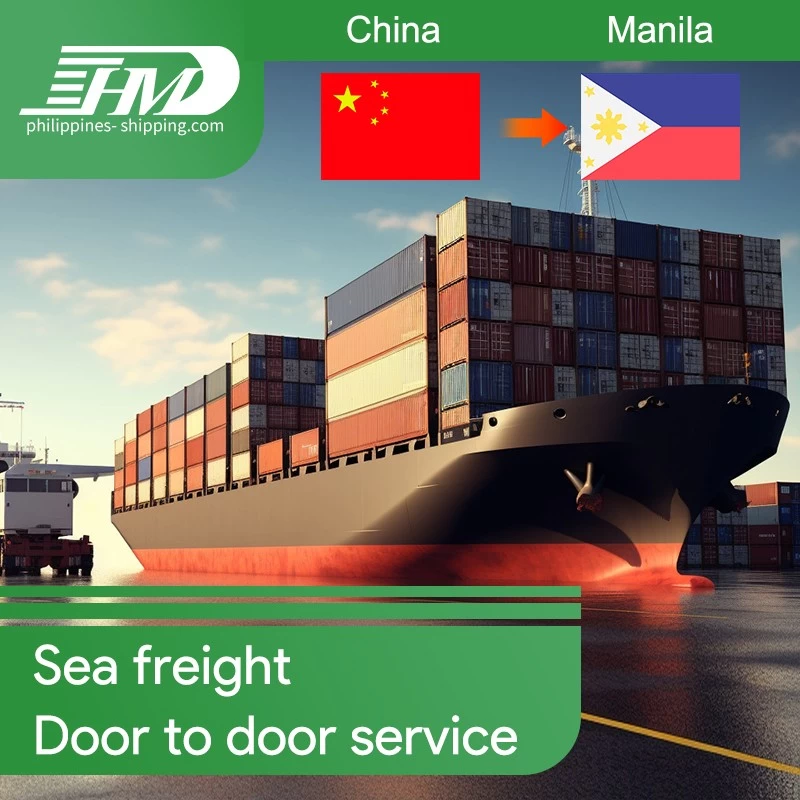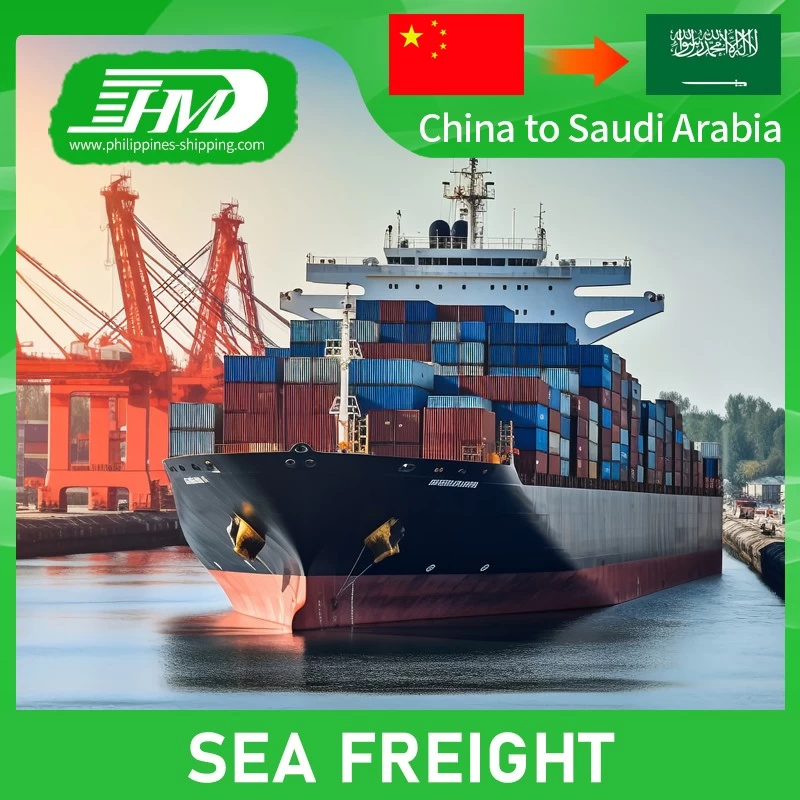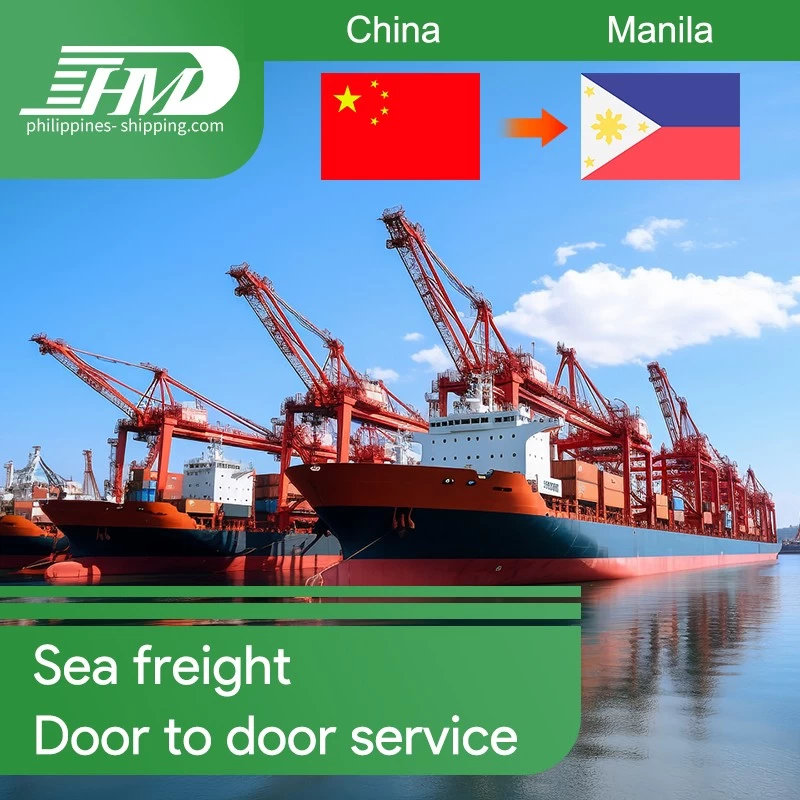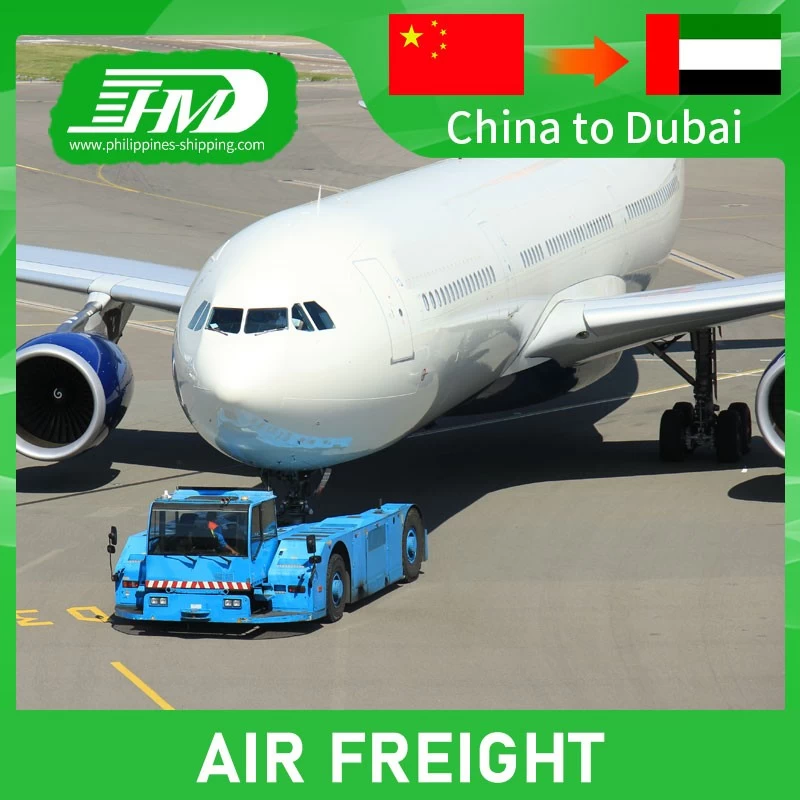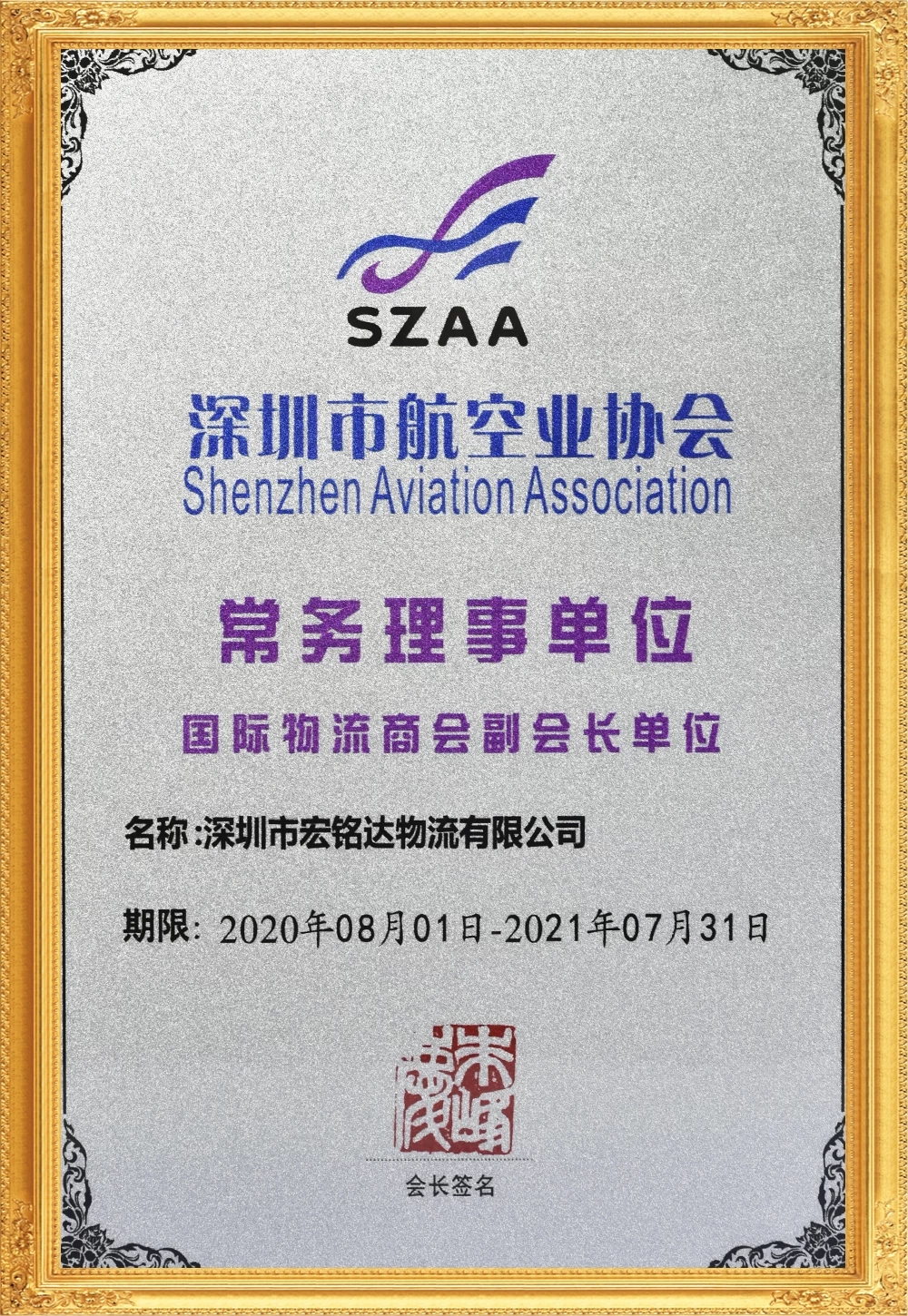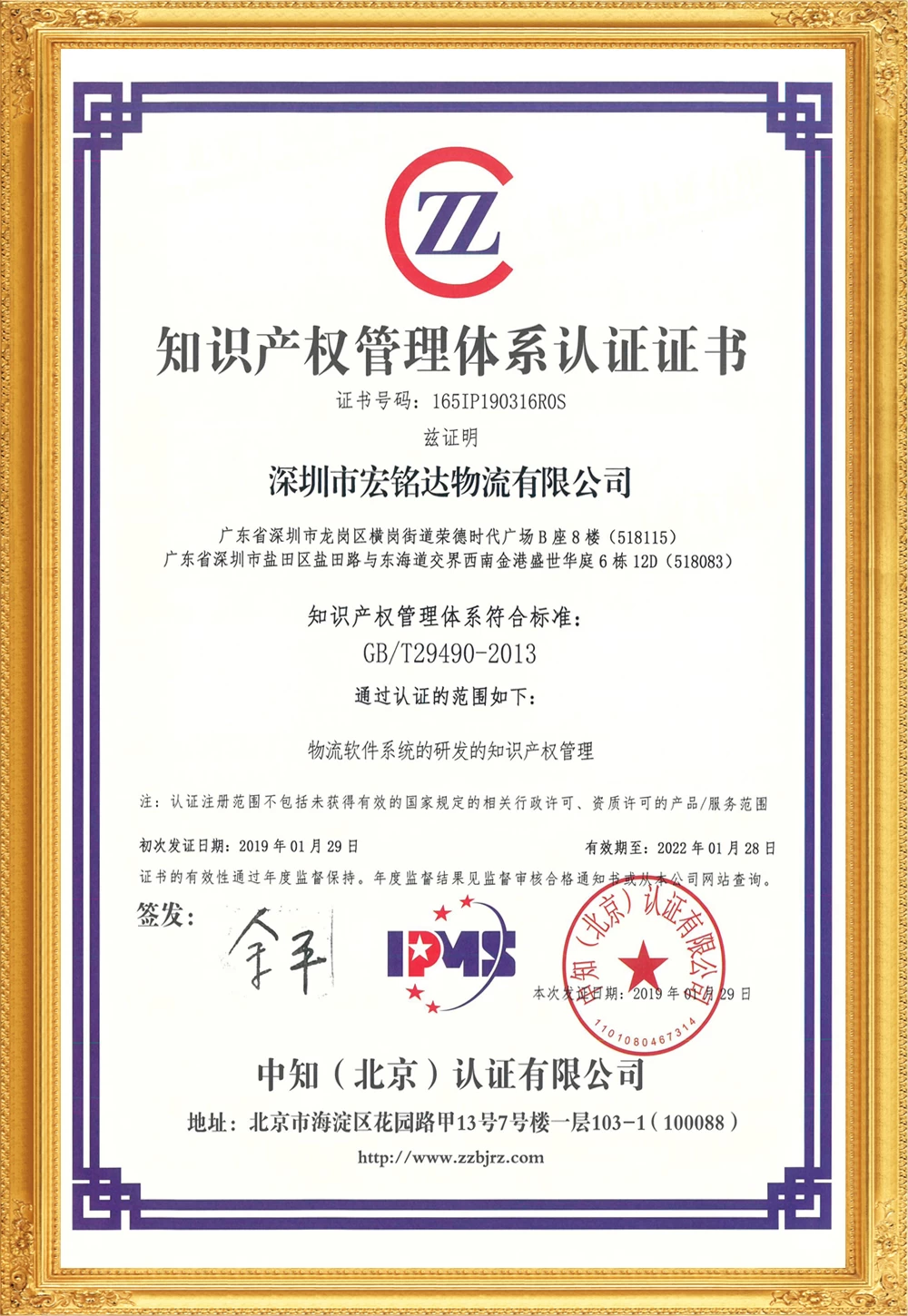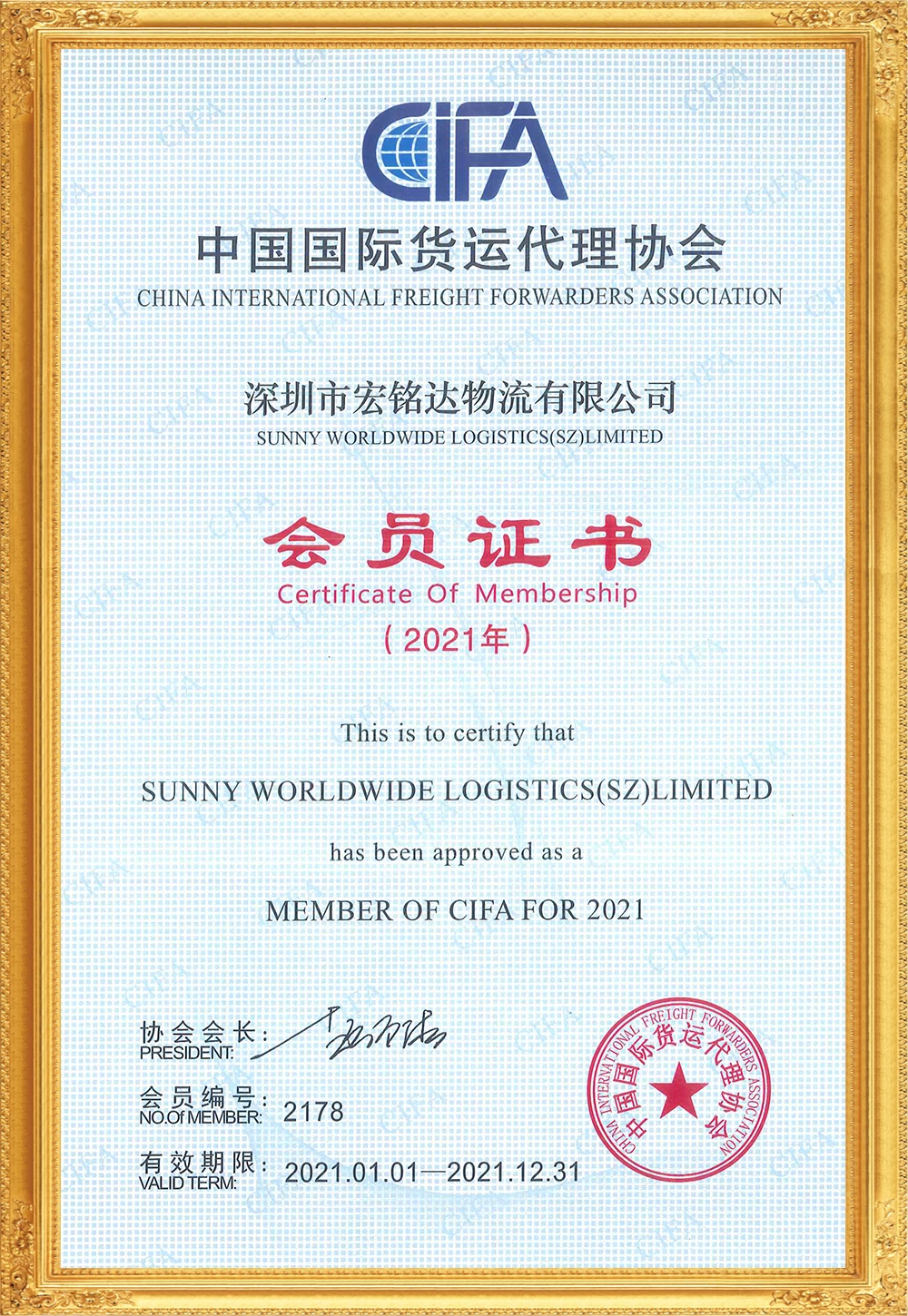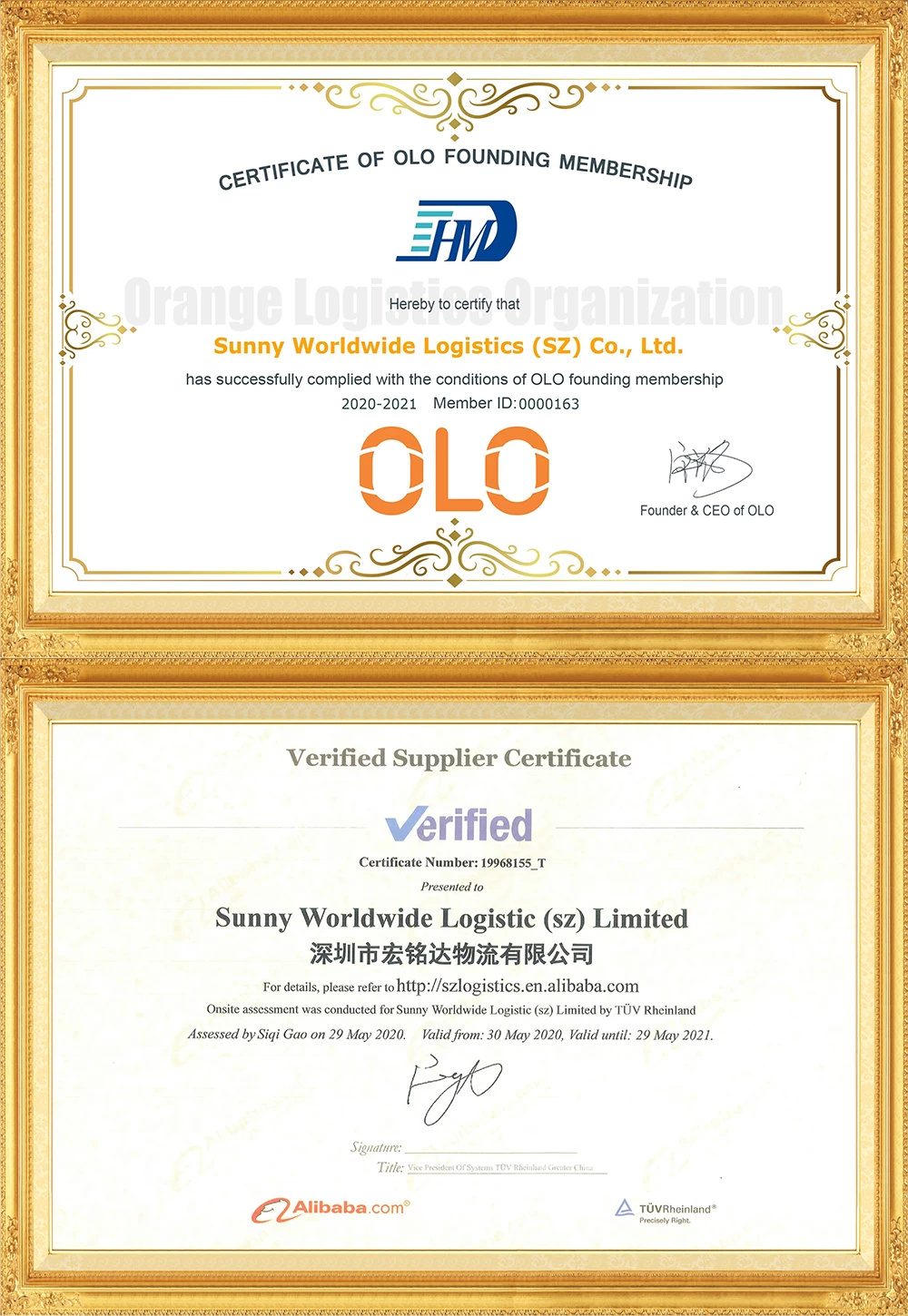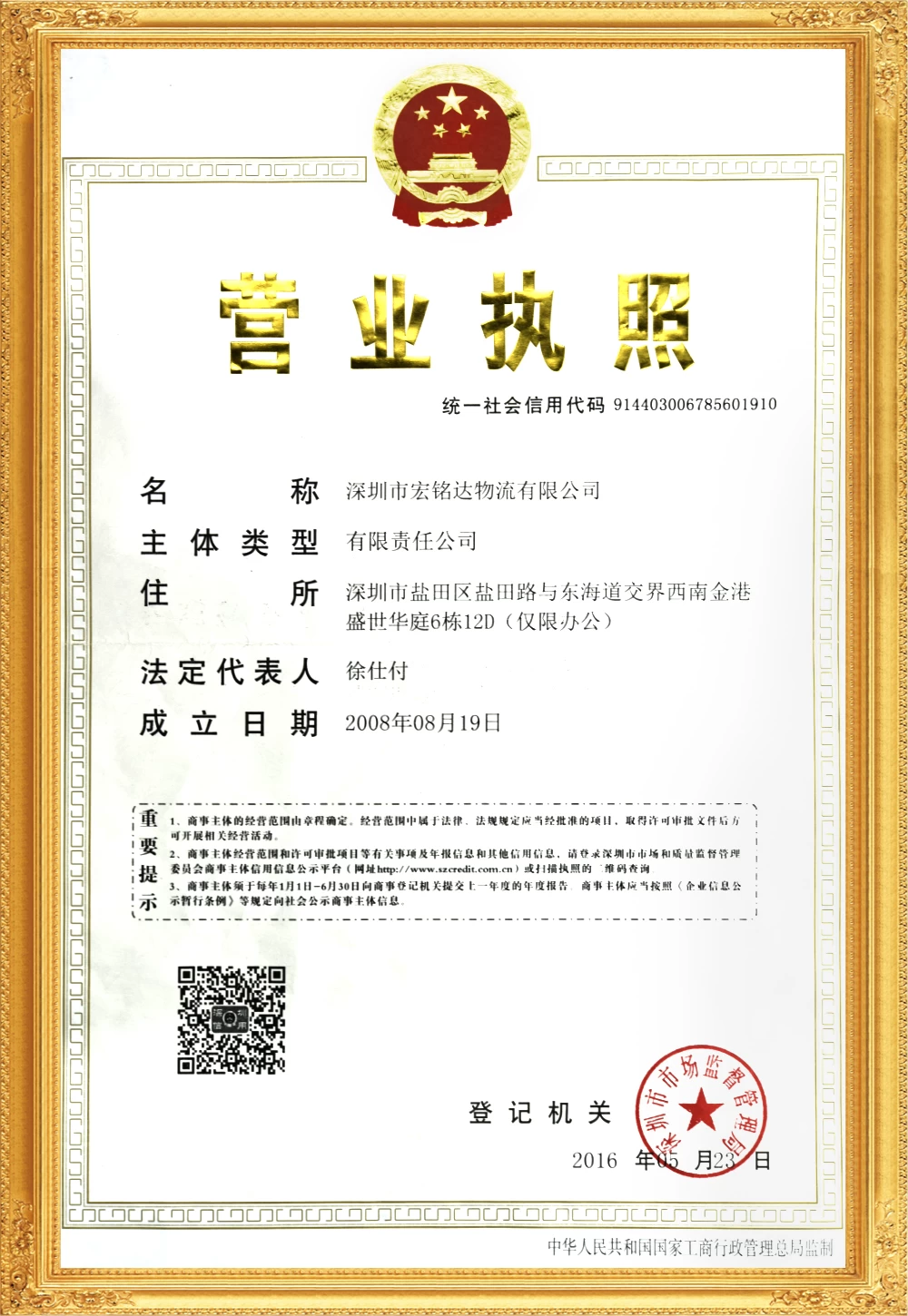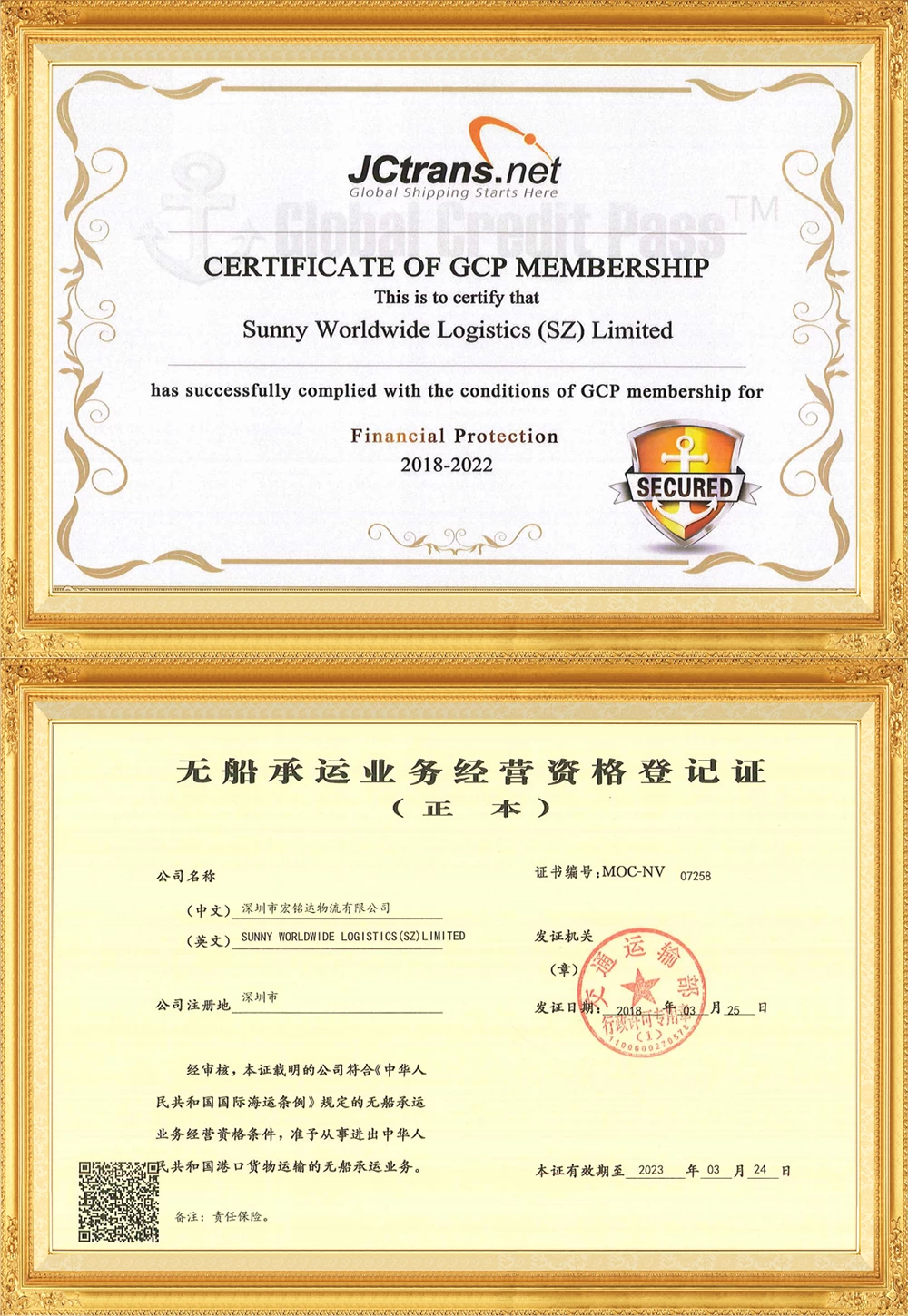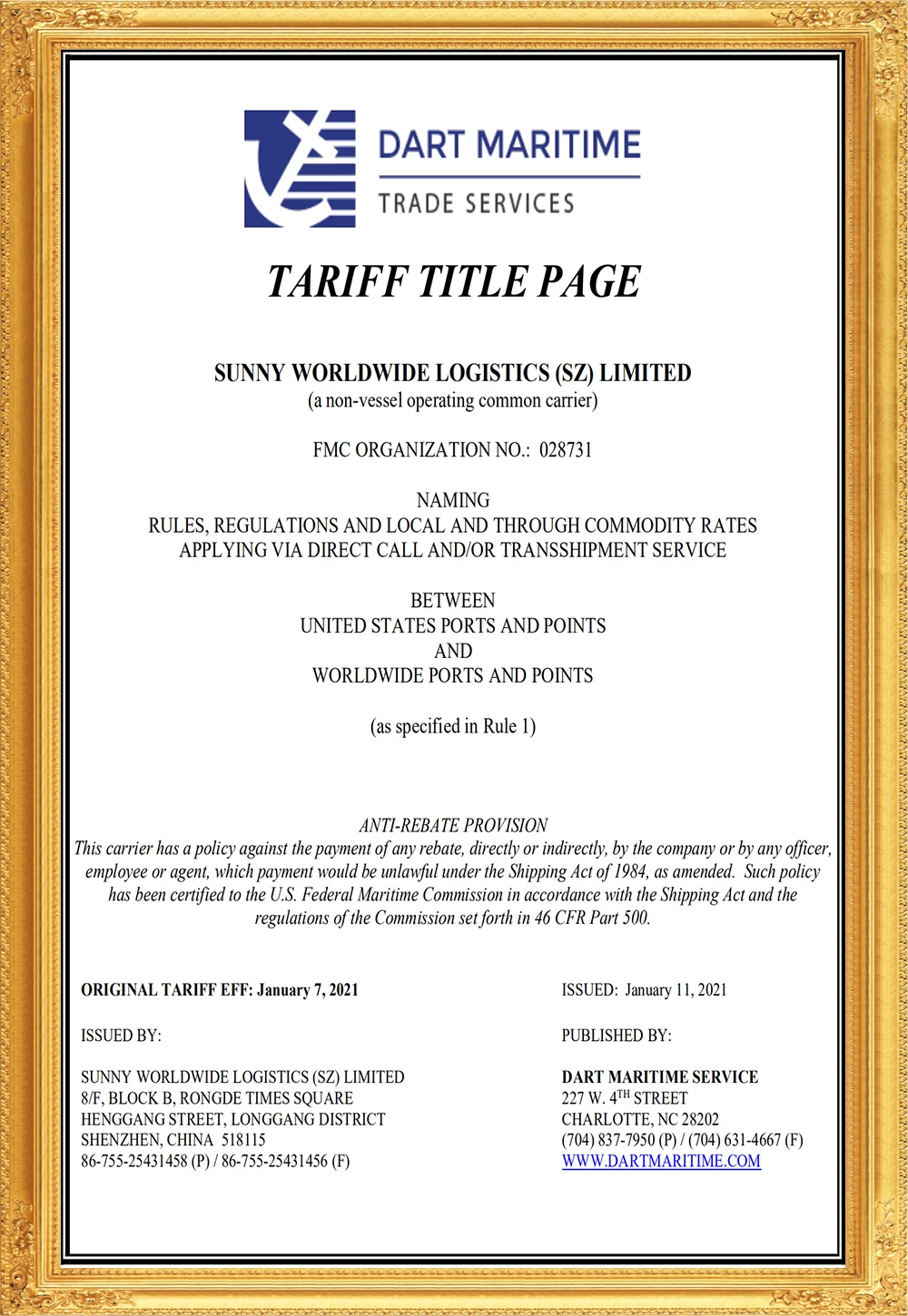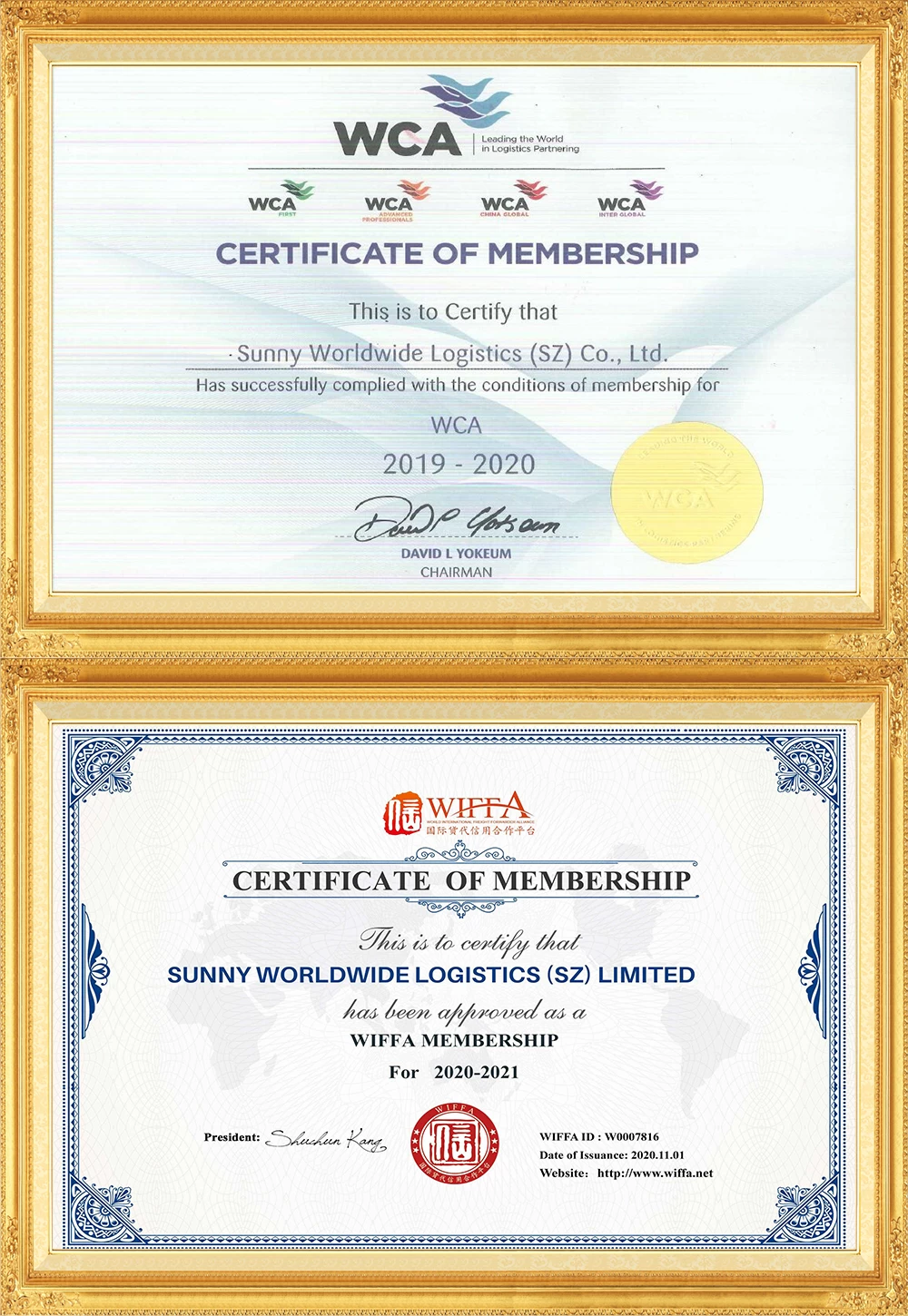Philippines Freight Forwarding Sector Sees Growth and Innovations
The freight forwarding industry in the Philippines has witnessed significant growth and innovations in recent years, especially with the increasing demand for cross-border logistics services. This trend is driven by the country's strategic geographical location, improved port facilities, supportive government policies, and the rise of e-commerce.
The Philippines, situated in Southeast Asia, benefits from its proximity to economic hubs like China, Japan, and South Korea, while also facing the Pacific Ocean. This strategic position allows for rapid response to market demands and enhances logistics efficiency. The country's major ports, such as Manila and Cebu, are equipped with advanced facilities and adhere to stringent management regulations, providing a conducive environment for international shipping.
Moreover, the government of the Philippines has recognized the importance of the freight forwarding sector and has implemented various policies to support its growth. These measures have not only reduced logistics costs but have also improved overall efficiency, paving the way for the rapid development of the international freight market in the Philippines.
One of the key drivers of growth in the freight forwarding industry is the surge in e-commerce. According to Visa surveys, the proportion of Filipinos shopping on cross-border e-commerce websites has increased from 27% a year ago to 32% in 2024. This indicates a growing confidence in exploring global markets. With the availability of global wallet connections and real-time payment options, businesses are increasingly participating in global e-commerce, which helps small and medium-sized enterprises expand their operations and enhance their competitiveness in the international market through better payment solutions.
In response to this trend, freight forwarders in the Philippines have been adapting and innovating to meet the evolving needs of clients. Many have invested in digital transformation, enhancing their information technology infrastructure to improve logistics information levels and enhance the competitiveness of international freight. This includes the adoption of advanced tracking systems to monitor shipments in real-time, ensuring transparency and security throughout the transportation process.
Furthermore, the freight forwarding industry in the Philippines is embracing green logistics, which has become a global consensus. Companies are adopting eco-friendly transportation modes and packaging materials to minimize the environmental impact of their logistics activities. This not only aligns with global sustainability goals but also appeals to environmentally conscious consumers.
Multimodal transportation is another area of focus for freight forwarders in the Philippines. By integrating different modes of transportation, such as sea, air, and road, these companies can offer more seamless and efficient logistics solutions. This approach not only reduces transit times but also optimizes costs, making it more attractive to clients.
Supply chain collaboration is also gaining traction in the Philippines' freight forwarding industry. By strengthening cooperation with upstream and downstream enterprises in the supply chain, freight forwarders can achieve better information sharing and coordinated operations, leading to improved overall logistics efficiency and competitiveness.
Despite these positive developments, challenges remain in the freight forwarding sector in the Philippines. Issues such as security concerns and inefficient government services can sometimes hinder the smooth operation of logistics activities. For instance, there have been reports of Chinese businessmen being kidnapped and killed in the Philippines, highlighting the need for heightened vigilance when operating in the country.
Moreover, while the Philippines' port facilities are advanced, there is still room for improvement in terms of infrastructure and management. To fully harness the country's potential in the international freight market, continued investments in port development and modernization are crucial.
Despite these challenges, the outlook for the freight forwarding industry in the Philippines remains promising. With its strategic location, improved port facilities, supportive government policies, and the growing demand for cross-border logistics services, the sector is poised for further growth and innovation. By embracing digital transformation, green logistics, multimodal transportation, and supply chain collaboration, freight forwarders in the Philippines can continue to enhance their services and meet the evolving needs of clients in the global market.
In conclusion, the freight forwarding industry in the Philippines is experiencing significant growth and innovations, driven by the country's strategic position, improved port facilities, supportive government policies, and the rise of e-commerce. While challenges remain, the sector has a bright future ahead, poised to contribute to the prosperity of international trade.
